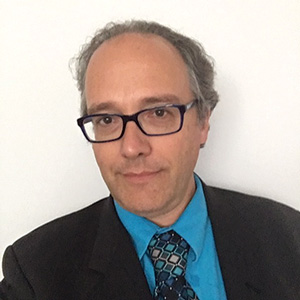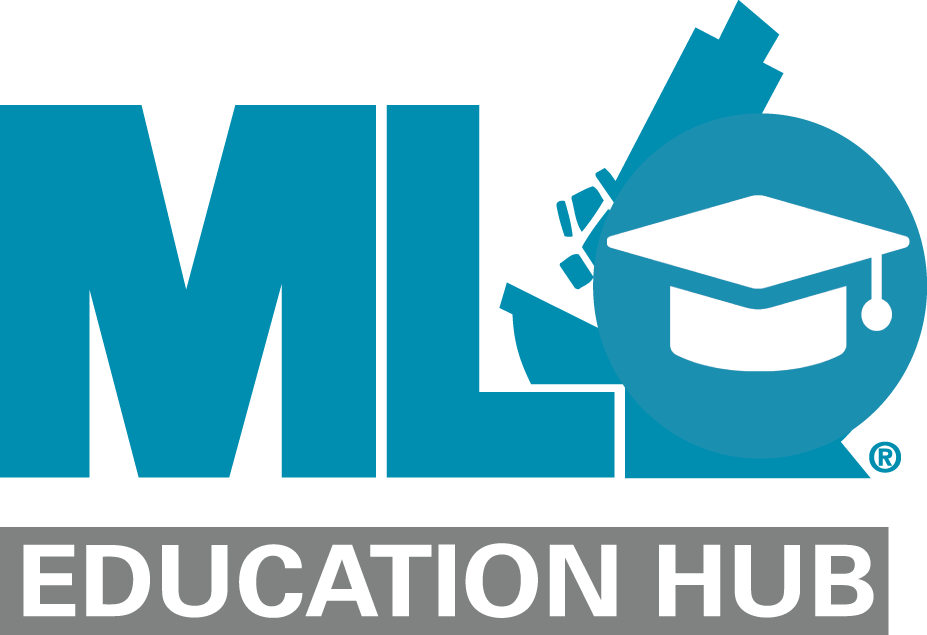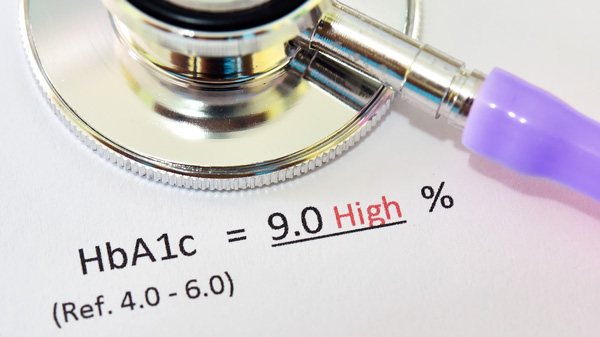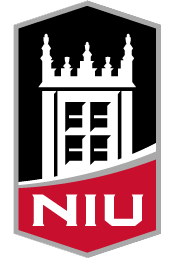By Matthew C. Wagner PhD
LEARNING OBJECTIVES
Upon completion of this article, the reader will be able to:
- Describe the goal of the “Guidelines and Recommendations for Laboratory Analysis in the Diagnosis and Management of Diabetes Mellitus.”
- List parameters of glycemic control in different populations of patients.
- Discuss biologic and nonbiologic interferences of testing methods of HbA1c.
- Describe methods of QA and patient management of the disease through different result strategies.

Matthew C. Wagner PhD received his PhD in Chemical Engineering in 2006 from Georgia Institute of Technology. Since transitioning to industry, he works as a Scientific Affairs Specialist for Sebia Electrophoresis, provider of capillary and gel electrophoresis assays, including Capillary Hemoglobin A1c .
Cover photo credit: Photo 118075142 © Jarun011 | Dreamstime.com
Login
Accessing this course requires a login. Please enter your credentials below!



